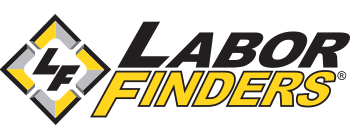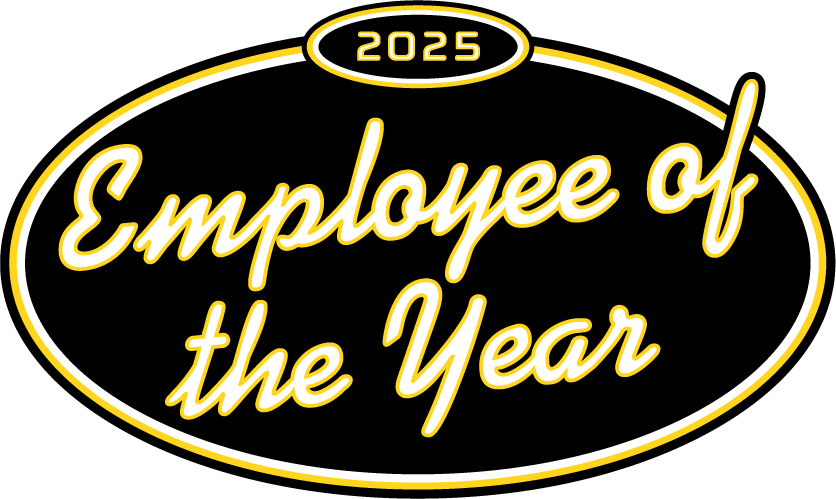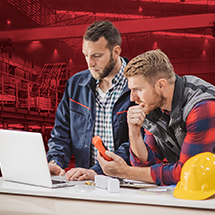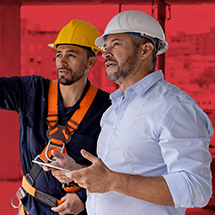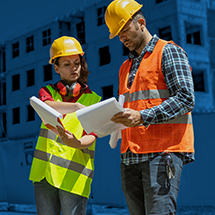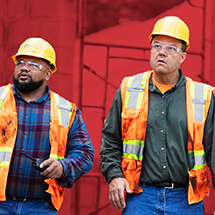-
Job Seekers
X
Job Seekers
Whether you're looking for a temp job or a permanent career, Labor Finders has you covered!
-
Explore
- How it works
- Industries
- Blog
- Locations
- Job Search
You May Also Be Interested In

2025 Employee of the Year
Learn more about our amazing Employee of the Year
-
-
Employers
X
Employers
Let us help you find the workers you need, when you need them.
You May Also Be Interested In
-
Industries
X
Employer Industries
Ready to staff your next project? Our staffing experts has the knowledge and the workers to cater to your unique staffing needs.
In this Section:
Job Seeker Industries
From construction to waste management, we have job openings in whatever industry you’re interested in.
In this Section:
-
About
X
About You
Getting matched to the right job, gaining the flexibility you want, making an impact in your community - at Labor Finders, it’s all about you!
-
You may also be interested in
- About Us
- Job Search Results
- Find an Office
- How it works
- Blog
About Us
With almost 200 offices nationwide, we’ve been putting people back to work for over 40 years. See why we’re a leader in the blue-collar staffing industry.
-
You may also be interested in
- About Us
- Media Center
- Video Library
- Leadership Team
- Careers
- In The Community
- History
-
- Location
Safety
Don't Make These 3 Mistakes Operating Construction Cranes
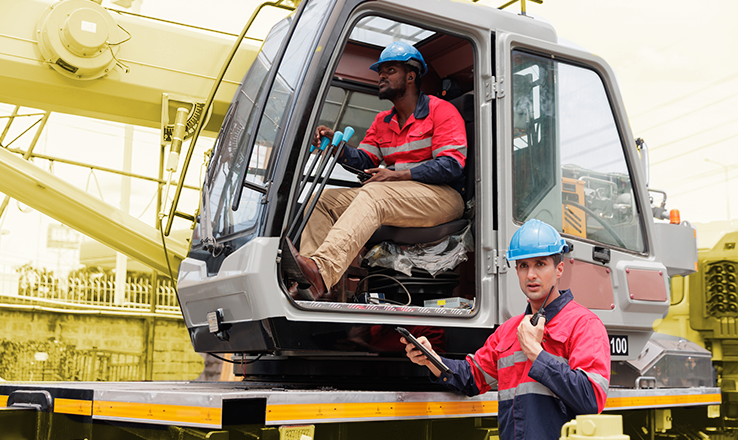
When you're working toward building a steady career in construction, every job assignment matters. As someone who takes pride in showing up early, staying late, and doing quality work, you know that construction safety isn't just about following rules. It's about proving you're the safe and reliable worker employers want to bring back and eventually hire full-time.
If your next job assignment requires moving large loads, construction cranes are your go-to work equipment. If a crane operator doesn't do so safely, it can lead to very serious and even fatal accidents. As a matter of fact, 90% of crane accidents are caused by human error. So, if you're building a solid reputation and working toward steady employment, demonstrating construction crane safety expertise shows employers you're someone they can count on. Here are three mistakes you don't want to make when operating cranes.
Not Inspecting the Construction Crane Before Work
You might want to jump right into work, especially when you're eager to prove yourself on a new job site. However, you shouldn’t skip inspecting the construction crane before you start working. Many accidents can be avoided by making this preliminary safety check. A malfunctioning hoist, for example, can lead to the materials the construction crane is carrying to fall on the property and people below it.
What are some things to look out for while doing this inspection? Broken wires or strands to the rope structure, deformed hooks, and damaged latches. Make sure the braking system is working properly before driving the construction vehicle around the job site. If you find any of these or something else you feel that would keep a crane from operating smoothly is not up to par, contact your supervisor immediately so the proper repairs can be made.
Use a Construction Crane Too Close to Electrical Lines
OSHA ( Occupational Safety and Health Administration) reported the leading cause of deaths on a construction site involving cranes is electrocution. How does that happen? When a boom or hoist comes into contact with powerlines while moving materials, just touching a crane or even holding the electrical remote that powers a crane that has come in contact with a live power line can electrocute a worker.
How can you avoid making this fatal mistake? By keeping the crane you’re operating more than 10 feet away from any powerlines. Operate cranes within a 10-foot radius of these power lines. Act as if all power lines are energized and drive your crane slowly so you don't run the risk of hitting a power line by accident. By taking these safety precautions, you’ll show your temp employer that you take safety very seriously.
Overload the Construction Crane
Another crane safety mistake that can cause serious injury or even death on a job site is overloading a crane with materials. According to OSHA, the issue with crane safety is that 80 percent of all crane structural failures are due to overloading a crane. Going over the equipment's load capacity can cause dangerous incidents like overturning the crane, dropping materials on workers, and seriously damaging the equipment. To avoid these major accidents, don't do things such as swinging the load while hoisting it, side-loading a boom, or lifting materials that are just too heavy for the crane to handle. Know what the crane’s weight limits are and don’t go over them. Your reputation as a careful, skilled crane operator depends on respecting equipment limits.
Your Safety Record Is Your Best Resume
Every day you work safely is another day building the track record that will help you transition from temporary assignments to permanent employment. Employers are watching how you handle responsibility, and crane safety is one of the most visible ways to demonstrate your professionalism.
At Labor Finders, we understand you're not just looking for work—you're building a career. Our recognized approach to safety helps connect dedicated workers like you with employers who value reliability and skill.
Ready to take the next step?
